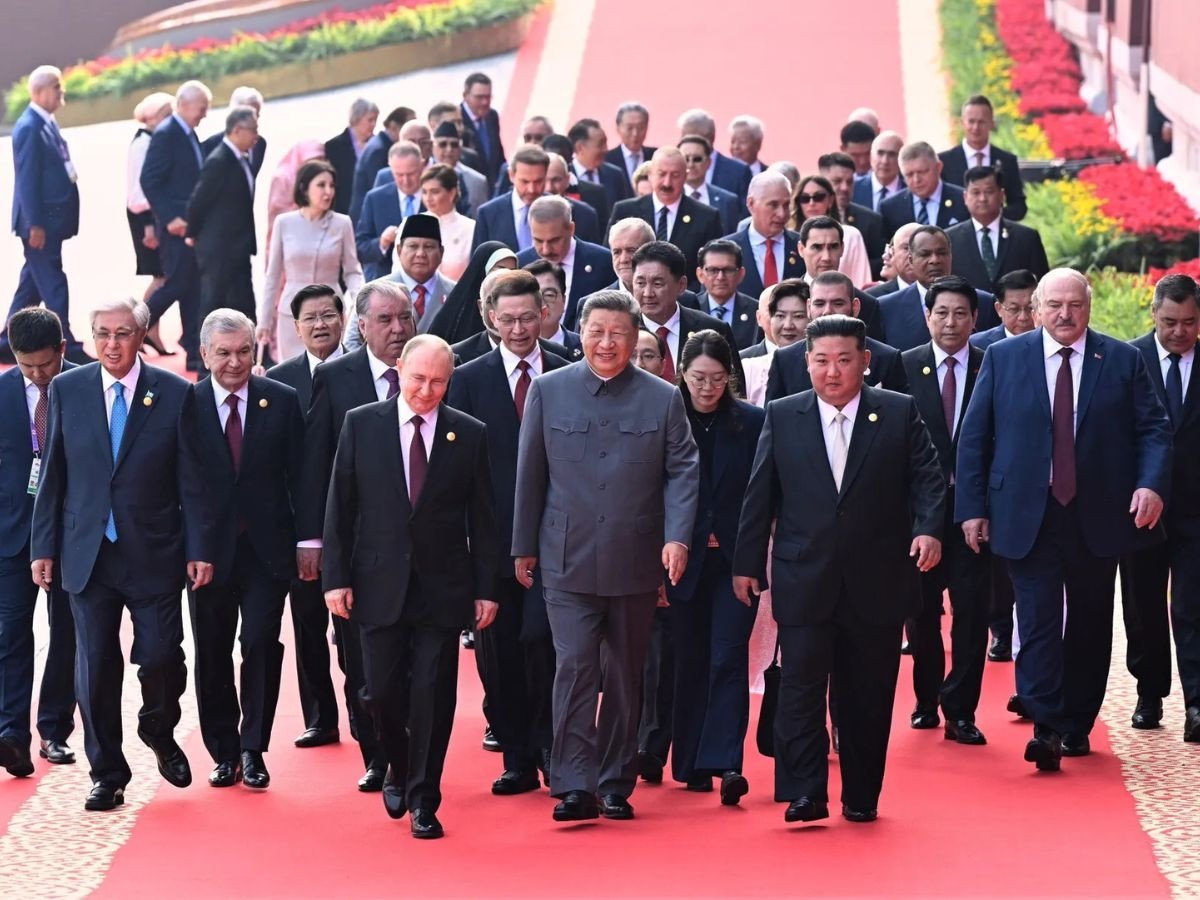Rethinking Global Governance: The Need for Inclusive Solutions
The world we live in today is a complex web of interconnections, yet when it comes to global governance, many feel that the system is fundamentally broken. The United Nations Charter champions the idea of sovereign equality among all its member states, but as we’ve seen, reality often tells a different story. Power tends to cluster in the hands of a few dominant nations, leading to unilateralism and selective enforcement of international norms. This not only jeopardizes global stability but also erodes trust in institutions designed to foster cooperation.
Take the ongoing conflict in Gaza, for instance. Israel’s military actions have raised alarm bells within the global community, yet accountability remains elusive due to the protective shields put in place by powerful allies. Similarly, the war in Ukraine serves as a reminder of how geopolitics can influence international frameworks, with the U.S. leveraging financial systems to exert pressure on dissenting nations.
The crux of the issue is that the existing structure, heavily shaped by Western-centric ideals, has failed to address pressing global challenges—most notably climate change, which threatens both the Global South and North alike. Recent proposals, such as China’s Global Governance Initiative (GGI), aim to change this narrative. This framework advocates for a more equitable and democratic global order based on five core principles: sovereign equality, rule of law, genuine multilateralism, a people-centered approach, and tangible outcomes.
Imagine a world where every nation has an equal say in decision-making, where policies are crafted not just for the powerful but for all people. The GGI stresses that governance must be inclusive, bridging the gaps that have been created by historic inequalities. The emphasis on meaningful action rather than merely lofty ideals is particularly refreshing. The initiative also aims to tackle urgent global issues such as poverty and health care, emphasizing that institutions must resonate with the needs of ordinary citizens.
Reforming global governance is no longer a luxury but a necessity. By fostering cooperation instead of competition, we can create a more peaceful and stable world. The GGI recognizes that while its vision may challenge existing norms, it aims to complement, not replace, the current system. This offers us a promising avenue to address the pitfalls of unilateralism and inequality that have plagued international relations.
If you’re interested in exploring deeper discussions around global governance and how various initiatives are shaping our future, resources like Pro21st offer valuable insights. Engaging with these conversations can help us collectively envision a world that prioritizes fairness and collaboration, making a difference one step at a time.
At Pro21st, we believe in sharing updates that matter.
Stay connected for more real conversations, fresh insights, and 21st-century perspectives.





